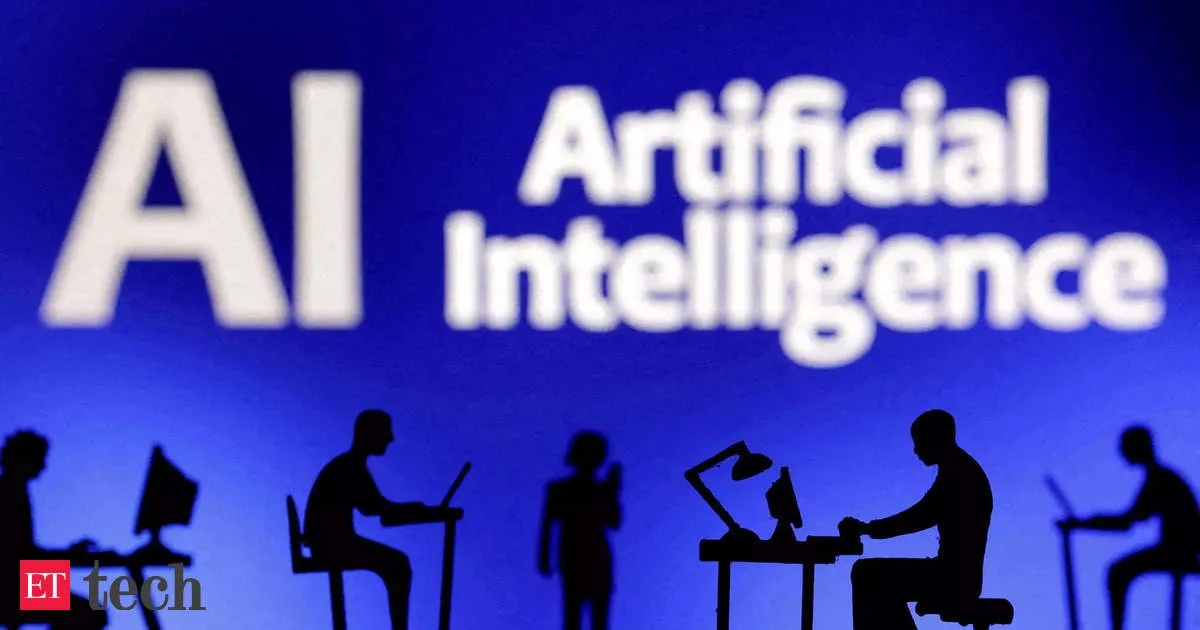AI Disruption: The Race for Upskilling in the Modern Workforce

AI disruption is causing significant concerns among young professionals, as evidenced by a recent survey. Three out of four respondents reported that technological disruptions, particularly regarding artificial intelligence, are affecting their work. The rise of AI and machine learning has led to a pressing need for upskilling, particularly for those anxious about job security.
Understanding the Impact of AI Disruption
According to Hari Krishnan Nair, co-founder of Great Learning, job displacement and insecurity are major issues. Respondents fear that without upskilling in AI, they may become redundant in their organizations. 'Many of these respondents are already noticing AI taking over jobs, even if it's not their specific role,' Nair stated.
Emerging Trends in Skills Demand
As companies look to adopt more generative AI, industries such as IT services and consulting firms are expected to see rapid productivity gains. Clients might demand fewer full-time equivalents per project due to these advancements.
- Upskilling across all functions is expected to expand, moving beyond technical teams to include operations, customer service, human resources, finance, and marketing.
- AI and machine learning skills are becoming critical, highlighting the urgency for workforce adaptation.
As generative AI continues to become ubiquitous, employees across various sectors must adapt to this evolving landscape. The need for deeper skillsets in AI and machine learning remains a significant challenge as these technologies redefine the workplace.
This article was prepared using information from open sources in accordance with the principles of Ethical Policy. The editorial team is not responsible for absolute accuracy, as it relies on data from the sources referenced.